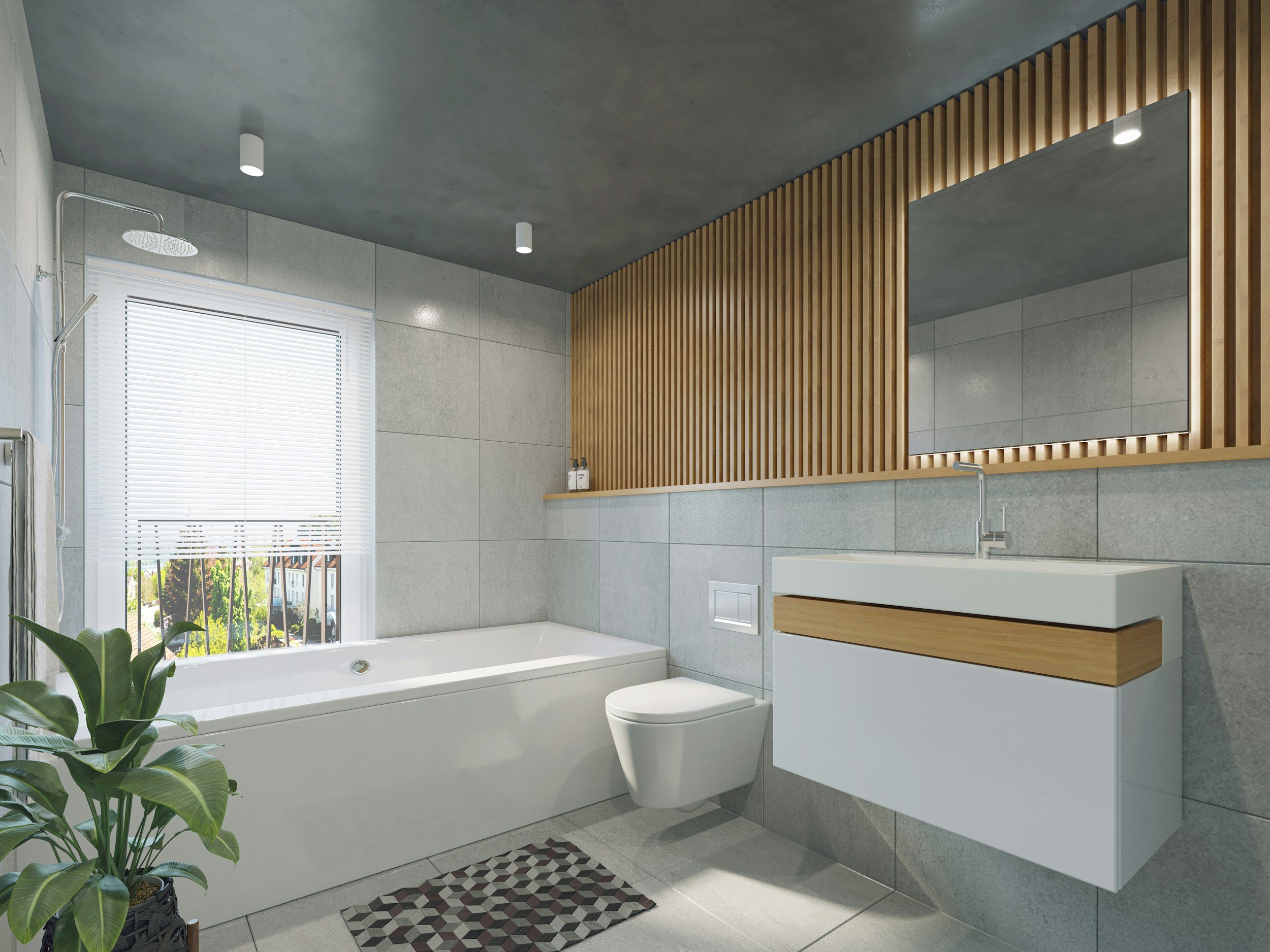Tiny Home Living: The Ultimate Minimalist Lifestyle
By PAGE Editor
Tiny home living has surged in popularity as a beacon for those seeking a more minimalist, sustainable, and financially liberating lifestyle. This movement is more than just a trend; it's a profound shift toward simplifying life, focusing on experiences over possessions, and minimizing one’s ecological footprint.
In this exploration of tiny home living, we will uncover the philosophies driving this lifestyle, the benefits and challenges it presents, and the practicalities of downsizing your living space. Whether you're a seasoned minimalist or simply curious about this burgeoning way of life, join us as we venture into the heart of tiny home living and discover what it truly means to live big in a small space.
The Philosophies Behind Tiny Home Living
Tiny home living is deeply rooted in the desire to lead a life that’s both intentional and sustainable. At its core, it challenges the traditional notion that success is measured by the size of one's possessions. Instead, it promotes a lifestyle where simplicity and mindfulness take precedence. This philosophy not only encourages individuals to reassess their material needs but also fosters a mindset that values the quality of experiences over the quantity of belongings.
Tiny home living is seen as a practical response to environmental concerns. The movement advocates for a smaller ecological footprint, emphasizing the use of eco-friendly materials, renewable energy sources, and a general reduction in the consumption of resources. This conscientious approach to living not only benefits the planet but also cultivates a sense of responsibility and connection to the environment among its practitioners.
The Challenge of Space and Organization
The transition to a tiny home necessitates a shift in how space is utilized and organized. Living comfortably in a smaller area requires creative solutions for storage and multifunctional furniture. This challenge, however, sparks innovation and encourages a decluttered, organized lifestyle. Setting up adjustable scaffold shelf brackets can help maximise vertical storage in your tiny home, making use of every inch available. This practical solution keeps your essentials organised while maintaining a clean, open feel in your living space.
Residents become adept at distinguishing between what is essential and what is superfluous, honing a keen sense of what truly adds value to their lives. No matter if you're looking for a tiny house on wheels for sale or are planning to build your own, this new way of living invites individuals to reimagine and reinvent their relationship with physical space. Also, the limited space invites residents to spend more time outdoors, fostering a deeper connection with nature and promoting an active and healthy lifestyle.
Financial Liberation Through Tiny Living
One of the most appealing aspects of tiny home living is the financial freedom it affords. By downsizing, individuals can significantly reduce or even eliminate mortgage debt. This in turn liberates them from the financial pressures of maintaining a large home and enables the allocation of funds towards other pursuits, such as travel, hobbies, or savings. Importantly, this financial autonomy allows individuals to work less and live more, aligning their spending with their values rather than societal expectations.
However, it's not just about cutting costs. Tiny home living encourages a mindset of value-based spending, where purchases are made with intention and purpose. This approach not only minimizes wastage but also promotes a more satisfying and meaningful way of life. By focusing financial resources on what truly matters, individuals can enjoy a richer, fuller experience of life, unencumbered by unnecessary expenses.
Building Your Tiny Home
Deciding to build a tiny home comes with its unique set of considerations. From selecting the right building materials to designing a layout that maximizes efficiency, every decision plays a crucial role in creating a functional and comfortable living space. It's essential to prioritize sustainability and efficiency, opting for energy-efficient appliances and renewable energy sources whenever possible. Designing for versatility and multipurpose use of space can also significantly enhance the livability of a tiny house.
Furthermore, legal considerations such as zoning laws and building codes are crucial aspects of the planning process. Navigating these regulations can be complex and varies significantly by location. Potential tiny homeowners should thoroughly research and consult with local authorities and professionals to ensure their tiny home project complies with all legal requirements, ensuring a smooth and hassle-free building experience.
Community and Connection
The tiny home movement is more than just a personal choice; it's a community-oriented lifestyle that emphasizes shared values and mutual support. Many tiny homeowners find a sense of belonging within these communities, where experiences, skills, and resources are freely exchanged. This communal lifestyle fosters connections that are often lost in more traditional living arrangements, where neighbors may live side by side yet remain strangers.
Tiny home living embodies a significant shift toward a more intentional and sustainable way of life, challenging conventional norms about success, space, and consumerism. It represents not just a choice of housing, but a holistic lifestyle change that encourages mindfulness, environmental responsibility, and financial freedom.
Through the creative use of space, focus on community, and commitment to living with less, tiny home residents prove that a fulfilling life does not necessitate vast amounts of material possessions. Instead, it invites individuals to rediscover the richness of experiences, the value of simplicity, and the importance of connection to both people and the planet.
HOW DO YOU FEEL ABOUT FASHION?
COMMENT OR TAKE OUR PAGE READER SURVEY
Featured










KANE Footwear expands its sustainable recovery portfolio with the Revive OB, an open-backed performance shoe engineered from Brazilian sugarcane-based foam to deliver hands-free convenience, biomechanical support and lower-impact manufacturing.